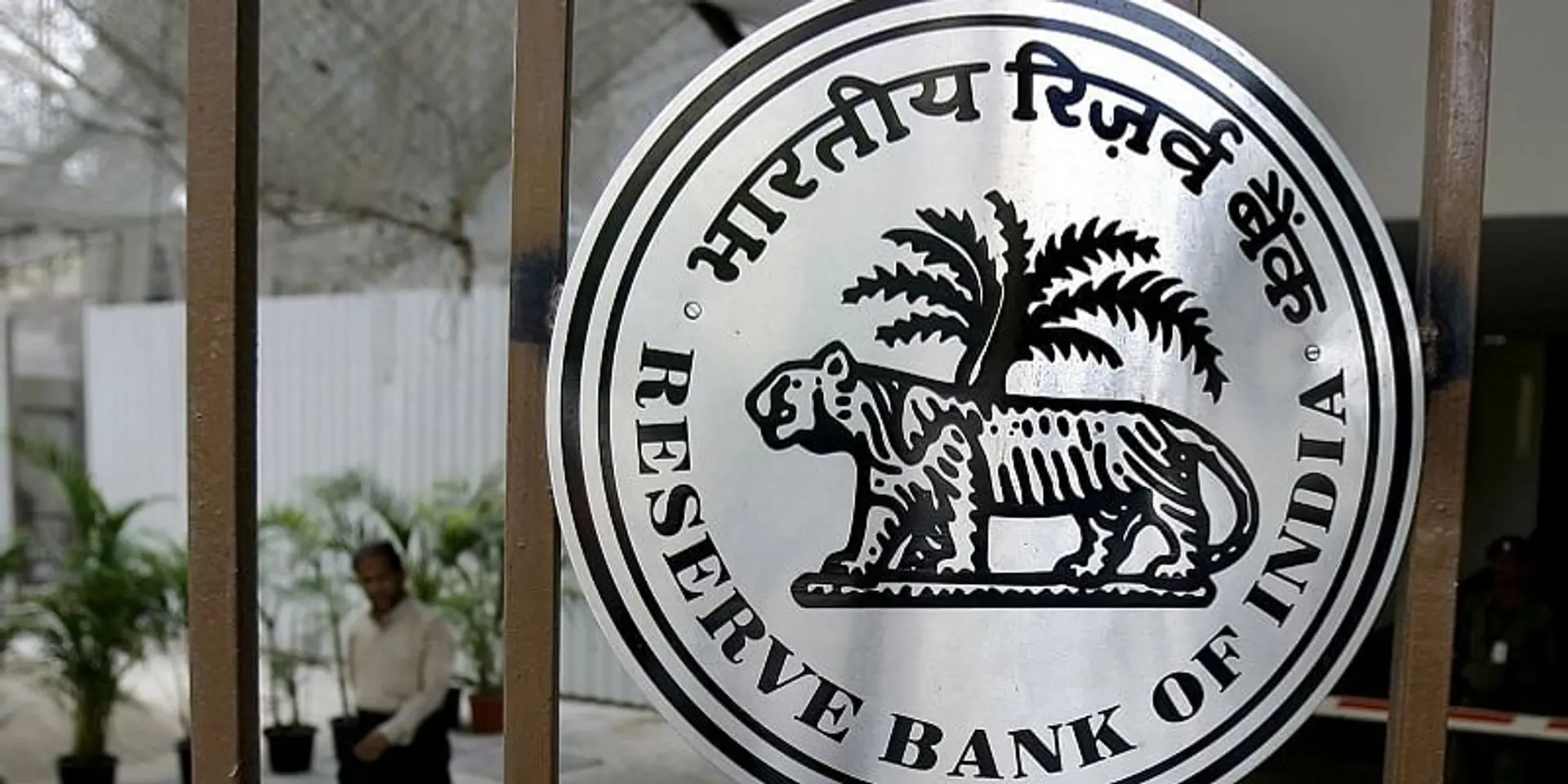RBI authorises 32 companies to act as online payment aggregators
Companies including Amazon (Pay) India, Google India Digital Services, Infibeam Avenues, Pine Labs, Reliance Payment Solutions, and Zomato Payments, have been granted in-principle authorisation.
The Reserve Bank of India (RBI) on Wednesday granted in-principle authorisation for 32 existing payment aggregators to act as online payment aggregators.
Companies including Amazon (Pay) India, Google India Digital Services, Avenues, , Reliance Payment Solutions, and Payments, among others have been granted in-principle authorisation.
In a press announcement, RBI said the applications are under process for an additional 18 existing payment aggregators.
The central bank had issued guidelines in March 2020 and March 2021 on the regulation of payment aggregators and payment gateways.
In terms of the guidelines, as per RBI, online non-bank payment aggregators (PAs) existing as on March 17, 2020, were required to apply to RBI by September 30, 2021, to seek authorisation under the Payment and Settlement Systems Act, 2007 (PSS Act). Further, another extension was allowed for all such PAs to submit their application by September 30, 2022.
The RBI added on its website that the grant of ‘in-principle’ authorisation shall not be construed as authorisation unless the entity is granted ‘authorisation’ under Section 7 of the Payment and Settlement Systems Act, 2007.
"For the purpose of ‘authorisation’, the entity shall have to submit to RBI a System Audit Report (SAR) along with certificate from a Chartered Accountant regarding compliance with the net worth requirement," RBI stated.
The entities must also have to comply with other requirements under the guidelines and fulfil additional conditions stipulated by RBI, the central bank said.
While existing PAs that have applied for authorisation within the stipulated timelines can continue business unless advised otherwise by the central bank, new PAs cannot commence operations until they are granted ‘authorisation’ under Section 7 of the Payment and Settlement Systems Act, 2007, RBI further added.
All stakeholders are advised to transact with only those existing PAs that have been granted in-principle authorisation or whose application is currently under process, it said.
Further, stakeholders may transact with new PAs only after these entities have received ‘authorisation’ under Section 7 of the PSS Act from the RBI, the central bank noted.
Edited by Kanishk Singh








